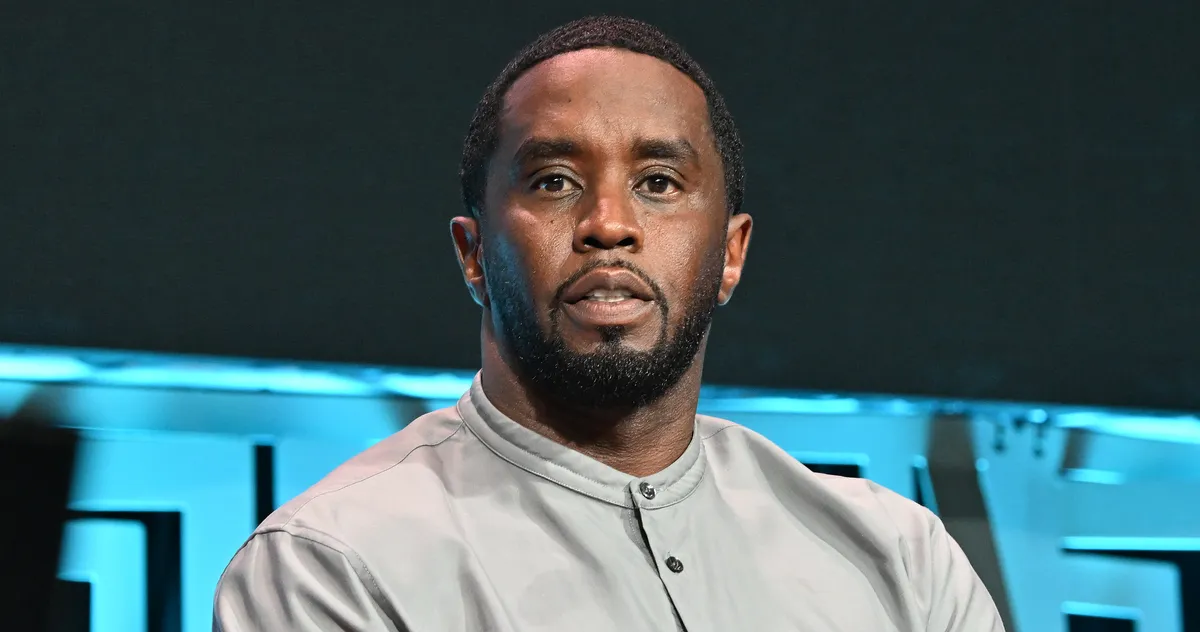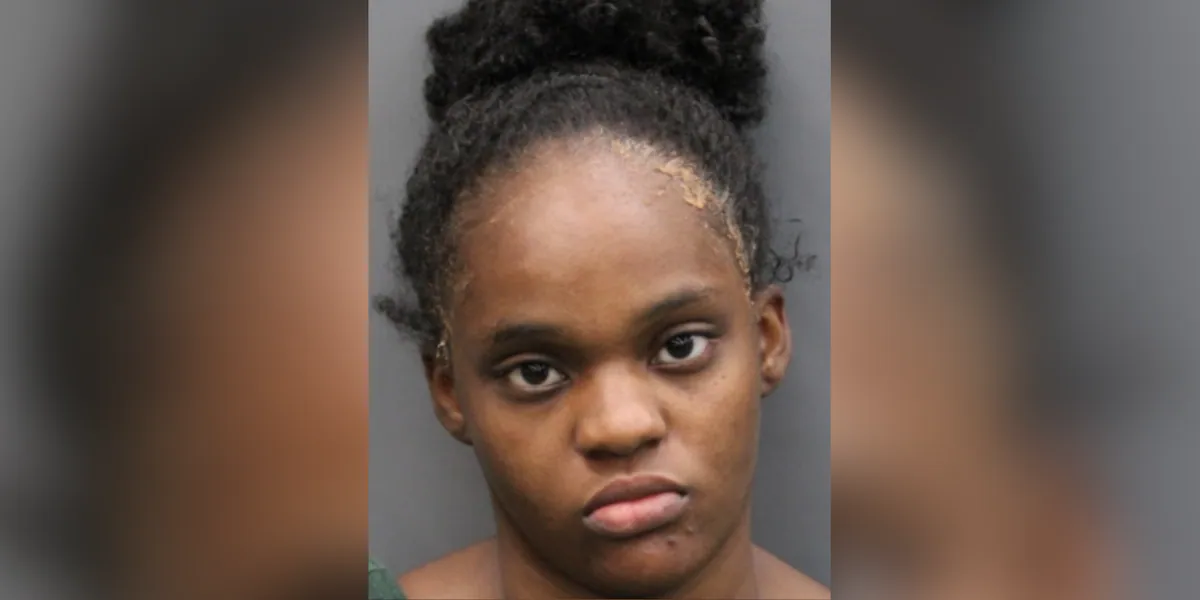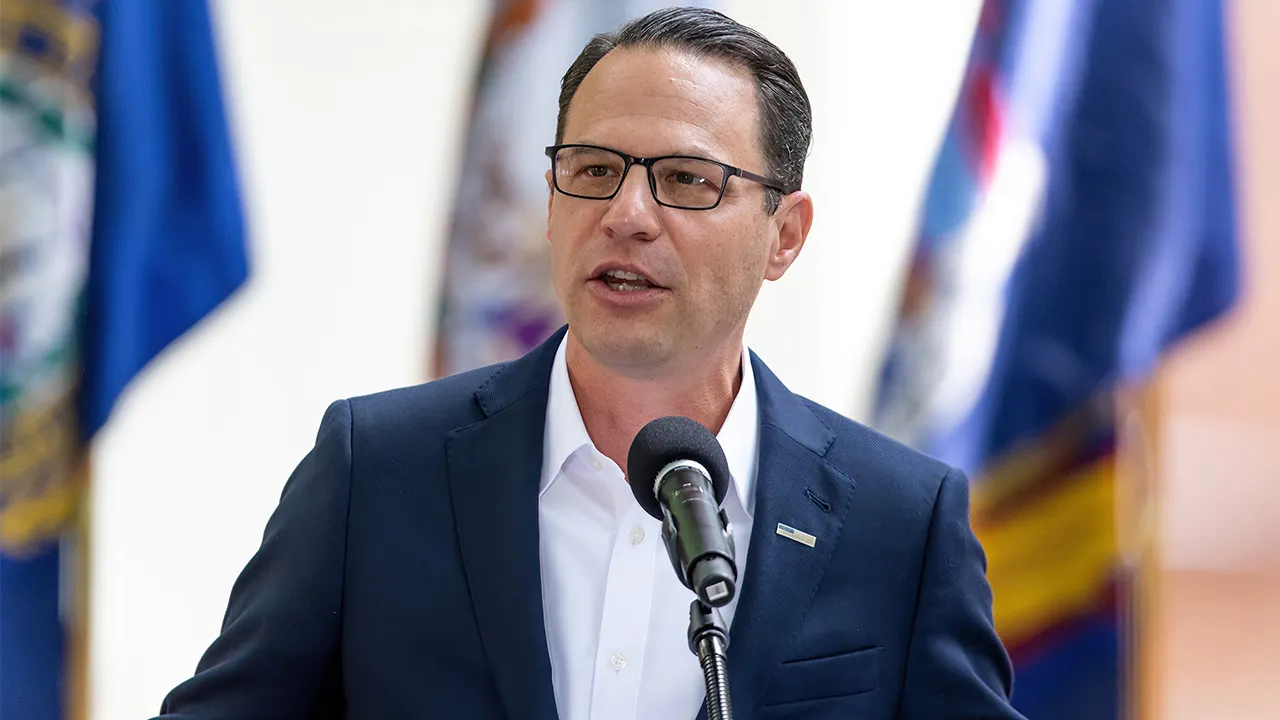
On Friday, Sean “Diddy” Combs will be sentenced on prostitution-related counts in his Manhattan federal court criminal case. Diddy, 56, was found guilty on July 2 on two counts of transportation to engage in prostitution for shuttling male escorts across state lines.
Judge Arun Subramanian could sentence Diddy to a maximum of 20 years in federal lockup, but his fate will depend on a variety of factors — including whether the jurist buys that he’s a changed man. Subramanian will also weigh statements from Diddy’s accusers, including letters from Casandra “Cassie” Ventura and “Mia,” in deciding his sentence. Not surprisingly, Diddy’s team and prosecutors have dramatically different sentencing requests. Diddy’s lawyers are asking for a sentence that nearly equates to the time he’s already served behind bars since his September 2024 arrest, while prosecutors are pushing for a sentence of more than 11 years. Here is a rundown of what to know about Diddy’s sentencing this week.
What was Diddy found guilty of during his trial?
The Feds arrested Diddy on September 16, 2024, following numerous allegations of sex abuse and trafficking, including a bombshell lawsuit from his ex-girlfriend Cassie. (They settled out of court one day after she filed suit, but her claims continued to loom over Diddy.) Diddy went on trial in May for five counts: one racketeering conspiracy count, two sex-trafficking counts, and two prostitution-transportation counts. The sex-trafficking counts related to Cassie and another woman named “Jane” who similarly alleged that Diddy coerced her into encounters with male prostitutes. A jury acquitted Diddy of the racketeering conspiracy and sex-trafficking charges, but found him guilty of the transportation counts.
What is his predicted prison sentence?
The possible punishments vary dramatically. Diddy’s pitch is basically a sentence of time served, while prosecutors requested 135 months. Diddy faces a maximum of ten years on each transportation count; if Subramanian made the uncommon decision to sentence him consecutively, this would be a 20-year term. That said, defendants get credits for time served as well as good behavior — and it’s an unlikely outcome anyway.
Tama Beth Kudman, of Kudman Trachten Aloe Posner LLP, told Vulture that judges are supposed to consider federal sentencing guidelines and not just come up with a number. The Probation Office makes what’s called a pre-sentence report, which isn’t public, with its recommendation, which is based on a “point system,” Kudman said. “Every offense will carry with it a base offense level, and those are points and from there, there are things that can enhance the sentence and points are added, or there are factors that could actually reduce the sentence and points are reduced.” The total points are lined up with a “guidelines table,” which has the recommended sentencing range for a given crime, with all the other factors considered.
Among these factors are the nature of circumstances surrounding crimes — such as violence, including threats — and a defendant’s character. Both sides can disagree with the Probation Office’s suggestion. In Diddy’s case, the office said that an appropriate guidelines range would be from 70 to 87 months — which is dramatically different from both the prosecution’s and defense’s respective pitches.
Why are prosecutors asking for an 11-year sentence?
At trial, prosecutors and witnesses said that Diddy coerced Cassie and Jane into so-called Freak-Offs with physical and psychological violence. They cite this in their push for a lengthy sentence. “Incredibly, while the defendant conceded his acts of violence and abuse throughout trial, he now argues that his victims should shoulder the blame,” prosecutors argued in court papers filed on September 30. “The defendant tries to recast decades of abuse as simply the function of mutually toxic relationships … but there is nothing mutual about a relationship where one person holds all the power and the other ends up bloodied and bruised.” They also said that a serious sentence is necessary “because the defendant is unrepentant.”
“The defendant has shown time and again that consequences that may deter others have no impact on him when he is faced with an opportunity to satisfy his own sexual urges, even at the cost of causing serious harm to those around him,” prosecutors said. By imposing a substantial term, “the Court will send a strong message to the defendant that he is not above the law — that he cannot use his power to commit further crimes and abuse additional victims.”
And why do Diddy’s lawyers think he should get out ASAP?
Diddy’s team argued that the implosion of his life was punishment enough. His time in jail “has already been extreme” and “the collateral consequences he has experienced far exceed” what other people convicted of the same crime go through. They claim he’s endured “unspeakable shame and monumental adverse consequences” following Cassie’s allegations.
“Mr. Combs’s celebrity status in the realms of music, fashion, spirits, media, and finance has been shattered and Mr. Combs’s legacy has been destroyed,” they said. They also list a now-canceled Hulu show about Diddy and his family, “which was going to help his children with interests in acting and television,” as one of his losses. They also said that Diddy had done a lot for other people, including creating jobs for single moms. Citing a “variety of mental-health conditions,” they also claimed that drug dependence explained some of his behavior. (Diddy, who maintains his innocence, admitted through lawyers that he engaged in domestic violence.) “Like every addict, his behavior while on painkillers was erratic and unpredictable, and often the reason behind any assaults discussed at the trial,” they argued.
What should we expect during the sentencing?
Subramanian will say what he thinks an appropriate sentence would be based on the guidelines. The defense and prosecution will state their case for their respective sentencing requests. Victims have the right to speak, if they want to. Diddy, like all defendants, also has the right to address the court. It’s up to Subramanian whether other people — such as Diddy’s family — can also speak in court, Neama Rahmani, founder of West Coast Trial Lawyers, and a former federal prosecutor, said.
Will the public hear from Diddy?
Diddy, who did not testify at trial, apparently wants to speak at his sentencing. In a September 26 letter to the court, Diddy’s lawyers asked for an order that would allow him to wear normal clothing to court. They explain, “He wishes to appear before the Court, address Your Honor, and allocute in the most dignified and respectful fashion possible.”
Could speaking out impact Diddy’s sentence?
“It depends on what he says,” Rahmani explained. “If he were to apologize and accept responsibility, that would be great for him potentially. But if you do that, you’re basically giving up the right to appeal.” But Diddy “wants to preserve that right to appeal,” Rahmani said, pointing to his team’s recent efforts to get the case tossed.
Whatever happened with that “amateur porn” argument?
Diddy asked Subramanian to throw out the case, in part on First Amendment grounds, citing that he was “a producer of amateur porn,” Alexandra Shapiro, among Diddy’s army of expensive lawyers, told Subramanian during a proceeding on September 25. Amateur porn, they purport, is protected by the First Amendment. Subramanian didn’t grant Diddy’s request, saying, “None of these arguments is persuasive.”
Will Diddy get pardoned?



